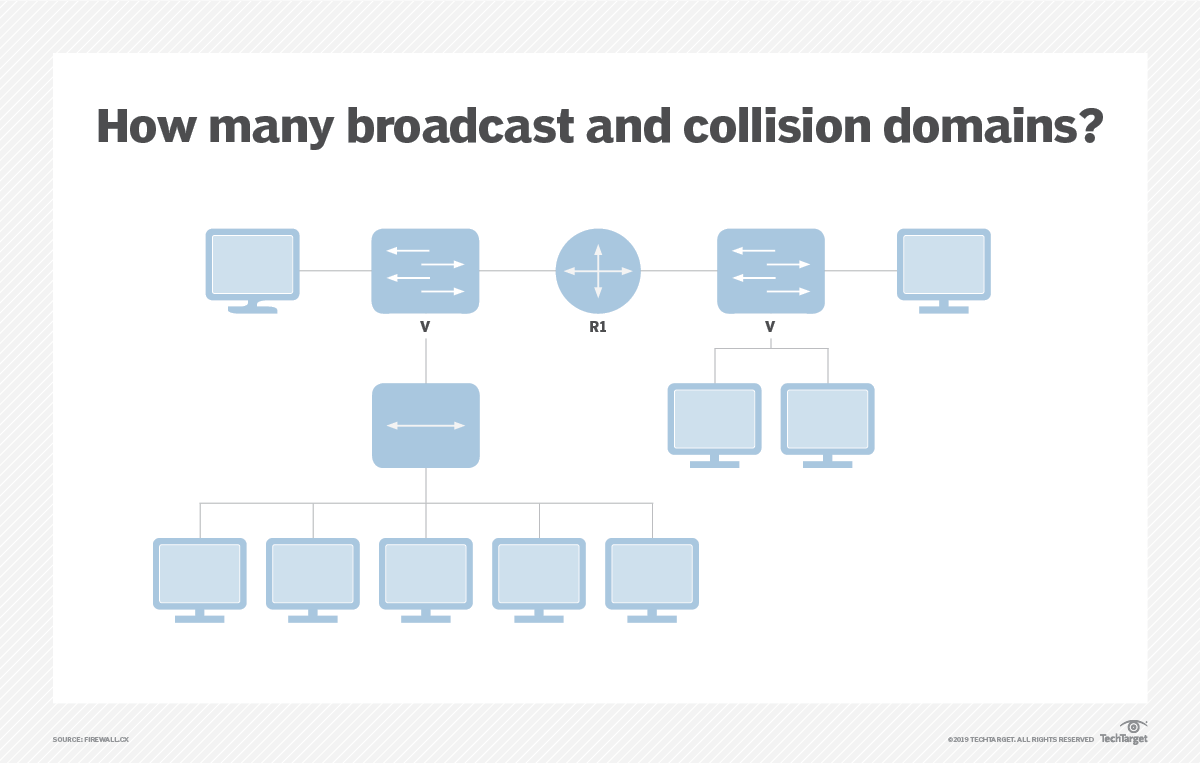Continuous learning is essential for personal and professional growth in today’s fast-paced world. With the increasing emphasis on digital skills and knowledge, online courses have become a popular avenue for acquiring new expertise. For those seeking cost-effective options, government-funded online courses provide a valuable opportunity to enhance skills without a significant financial burden.
Benefits of Enrolling in Government-Funded Online Courses
Government-funded online courses offer a myriad of benefits, making them an attractive option for individuals eager to upskill or reskill. These benefits include:
- Affordability: One of the most significant advantages of government-funded courses is their affordability. By subsidising the cost of education, governments aim to make learning opportunities accessible to a broader audience.
- Diverse Course Offerings: Government-funded programs often cover a wide range of subjects, from technology and business to healthcare and the arts. This diversity allows learners to find courses that align with their interests and career goals.
- Recognition and Accreditation: Courses backed by government funding are more likely to be recognized and accredited. This recognition adds credibility to the skills acquired, enhancing the learner’s marketability in their chosen field.
- Flexibility of Online Learning: Many government-funded courses are offered online, providing learners with the flexibility to study at their own pace and from the comfort of their homes. This flexibility is particularly beneficial for those balancing work, family, or other commitments.
Researching Available Courses
Before diving into the application process, it’s crucial to thoroughly research the available government-funded courses. Begin by exploring government education websites, which often provide comprehensive information about the programs they support. Consider the following steps:
Start by understanding the various government initiatives that support education and training. These may include national or regional programs aimed at specific demographics or industries.
- Identifying Relevant Online Courses
Narrow down your focus by identifying courses that align with your career goals and interests. Look for programs that offer the skills and knowledge you need to succeed in your chosen field.
- Considering Eligibility Criteria
Each government-funded program may have specific eligibility criteria. Ensure that you meet these requirements before investing time in the application process. Common eligibility factors include age, educational background, and employment status.
Understanding Application Requirements
Once you’ve identified potential courses, the next step is to understand the application requirements. Thoroughly review the application procedures outlined by the program and take note of any supporting documentation needed. Consider the following:
- Exploring Application Procedures:
Government-funded programs often have a structured application process. This may involve filling out an online application form, submitting supporting documents, and possibly attending an interview or orientation session.
- Documenting Necessary Information:
Gather all the necessary information required for the application. This may include personal details, educational history, and documentation proving eligibility. Having this information readily available streamlines the application process.
- Meeting Eligibility Requirements:
Double-check that you meet all the eligibility requirements specified by the program. If there are any gaps, consider whether additional steps or qualifications can be obtained to fulfil the criteria.
Creating a Personalized Learning Plan
To make the most of your learning experience, it’s essential to create a personalised learning plan. Consider the following steps:
- Assessing Career Goals and Objectives:
Reflect on your career goals and objectives. What skills do you need to achieve them? Identify the areas where you want to upskill or gain new expertise.
- Matching Courses to Career Aspirations:
Align the selected courses with your career aspirations. Ensure that the skills and knowledge gained from the courses are directly applicable to your chosen field or industry.
- Developing a Timeline for Course Completion:
Create a realistic timeline for completing the courses. Consider factors such as the duration of each course, your availability, and any other commitments you may have. Breaking down the learning plan into manageable milestones helps maintain focus and motivation.
Preparing Application Materials
With a clear understanding of the courses and their requirements, it’s time to start preparing your application materials. This includes gathering the necessary documents and crafting a compelling personal statement. Consider the following:
- Gathering Required Documents:
Review the list of required documents and gather them systematically. These may include academic transcripts, proof of identity, letters of recommendation, and any other materials specified by the program.
- Crafting a Compelling Personal Statement:
Your personal statement is an opportunity to showcase your passion for learning and explain why you are a suitable candidate for the program. Tailor your statement to highlight how the courses align with your goals and how you plan to contribute to your chosen field.
- Obtaining Letters of Recommendation (if Applicable):
Some programs may require letters of recommendation. Reach out to mentors, professors, or colleagues who can speak to your qualifications and potential. Provide them with sufficient time to craft thoughtful and personalised recommendations.
Navigating the Application Process
Once you have all your materials ready, it’s time to navigate the application process. Follow these steps for a smooth experience:
- Step-by-Step Guide to the Application Process:
Follow the step-by-step instructions provided by the program. Pay close attention to deadlines, submission guidelines, and any additional requirements.
- Tips for a Successful Submission:
Ensure that your application is complete and error-free before submission. Proofread your personal statement and double-check that all required documents are included. Submitting a well-prepared application increases your chances of success.
- Common Mistakes to Avoid During the Application:
Be aware of common mistakes applicants make, such as missing deadlines, providing incomplete information, or neglecting to tailor the personal statement to the specific program. Learn from these pitfalls to enhance your application.
Funding and Financial Considerations
While government-funded courses are more affordable, it’s essential to consider other financial aspects. Explore funding options and scholarship opportunities to further support your educational journey:
- Understanding Financial Aid Options:
Research available financial aid options, including grants, loans, or subsidies. Some government programs may offer additional financial assistance beyond course funding.
- Exploring Scholarship Opportunities:
Investigate scholarship opportunities related to your chosen field of study. Scholarships can significantly reduce or eliminate the financial burden associated with education.
- Budgeting for Additional Expenses:
Take into account any additional expenses, such as course materials, software, or equipment. Create a budget to manage these costs effectively and avoid any financial surprises during your studies.
Taking Advantage of Support Services
Government-funded online courses often come with support services to assist learners throughout their educational journey. Make the most of these services for a more enriching experience:
- Utilising Online Resources:
Explore online resources provided by the program, including virtual libraries, forums, and study materials. These resources can enhance your learning and provide valuable insights.
- Engaging with Program Advisors:
Connect with program advisors for guidance and support. They can offer valuable insights into course selection, career planning, and navigating challenges.
- Joining Online Communities for Peer Support:
Many online courses have dedicated communities or forums where learners can connect with peers. Joining these communities provides an opportunity to share experiences, seek advice, and build a network of like-minded individuals.
Staying Motivated and Focused
The journey through online courses can be challenging, but maintaining motivation and focus is key to success. Consider the following strategies:
- Setting Realistic Goals:
Break down your learning plan into achievable goals. Celebrate small victories along the way, and use them as motivation to stay on track.
- Overcoming Challenges in Online Learning:
Be prepared for the unique challenges of online learning, such as time management and self-discipline. Develop strategies to overcome these challenges, such as creating a dedicated study space and setting regular study hours.
- Developing a Study Routine for Success:
Establish a study routine that works for you. Whether it’s dedicating specific days and times to coursework or using productivity techniques like the Pomodoro method, find a routine that maximises your efficiency.
Celebrating Success and Continuing Education
As you progress through your government-funded online courses, take time to celebrate your achievements. Acknowledge the effort you’ve put into your education and consider the following steps for ongoing success:
- Acknowledging Achievements:
Celebrate milestones and achievements along the way. Recognize the skills you’ve acquired and the progress you’ve made towards your goals.
- Exploring Further Educational Opportunities:
Once you’ve completed your initial courses, explore additional educational opportunities to further enhance your skills. Continuous learning is a lifelong journey, and staying curious about new developments in your field is essential.
- Encouraging Lifelong Learning Habits:
Cultivate a mindset of lifelong learning. Stay curious, embrace new challenges, and seek out opportunities to expand your knowledge and skills throughout your career.
Conclusion
Enrolling in government-funded online courses is a strategic and cost-effective way to invest in your education and future success. By carefully researching available courses, understanding application requirements, and creating a personalised learning plan, you can embark on a journey of continuous learning that aligns with your career goals. With the right mindset, support services, and dedication, government-funded online courses can open doors to new opportunities and contribute to your long-term professional growth. Take the first step towards a brighter future by applying for these valuable educational programs today.
Unlock your potential with DP Training – your trusted partner for nationally recognized certifications and courses in Adelaide. Explore a range of online government-funded courses tailored to enhance your skills and boost your career. Take advantage of government-funded courses in South Australia and embark on a journey of professional growth. Secure your spot in our quality training programs and propel your career forward. Enrol now for a brighter future!






